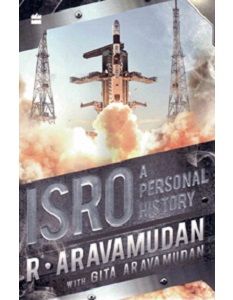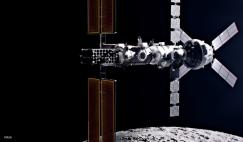Relatively little has been published on the Indian space programme, so this personal history is a welcome addition to the ‘space library’. The book is the story of an “award-winning senior scientist” involved with the programme “from its very inception”. Aravamudan was recruited by Vikram Sarabhai, the father of India’s space endeavour, at the age of 25 and joined a team of young engineers and scientists in establishing a rocket station in Kerala and, ultimately, the Indian Space Research Organisation (ISRO) itself.
The style of the book is, as the subtitle suggests, personal: “I remember clearly the moment I decided I was going to be a rocket scientist”, writes Aravamudan (with the help of his journalist-wife). It was 1962 and he was chatting with a colleague in the canteen of the Department of Atomic Energy when he discovered that Sarabhai was looking for volunteers. “Thinking back now it seems almost dream-like”, he says. “No recruitment processes, no job interviews – nothing… And we all just heard about it by word of mouth.”
Later, he recalls the personal upheaval of moving his family to the island of Shriharikota when he became director of the SHAR space centre there. “I was the Big Boss”, he says. “My friends and colleagues dubbed me the Sultan of SHAR, although I must confess I sometimes felt more like the Count of Monte Cristo imprisoned on an island.” His account of the challenges involved in operating a Space Age facility in an area known for its migratory birds and “huge and vicious… feral bees” (which built large hives in the mobile service tower that employees were afraid to approach), provides an interesting counterpoint to Cape Canaveral.
The book is illustrated with a 16-page photo insert containing black-and-white (and even sepia-toned) images for the early years and colour later. It concludes with a couple of appendices (strangely termed ‘annexures’), a few illustrations and a short index. This is a quirky little book but no less interesting for that.











